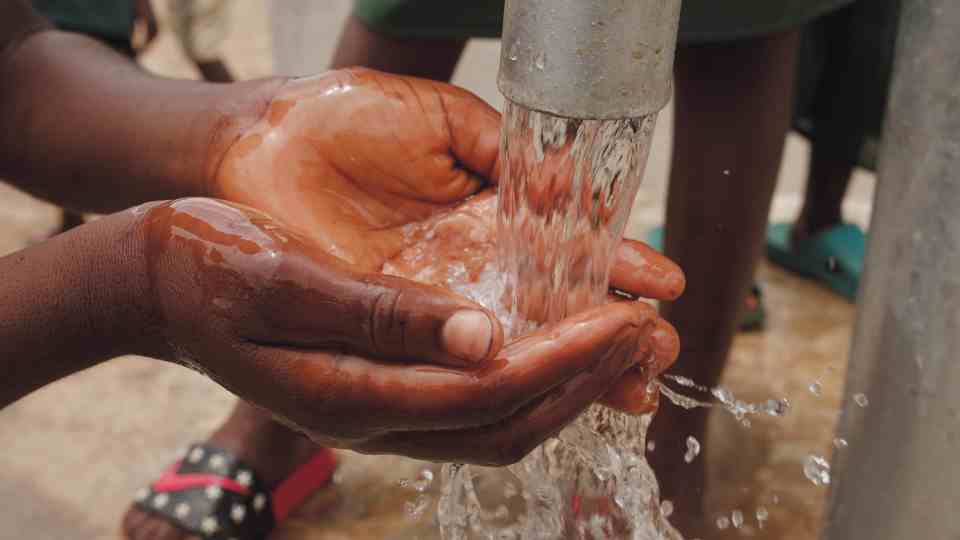Cholera
Cholera is a bacterial disease characterised by profuse watery diarrhoea, caused by toxin-producing strains of the bacterium Vibrio cholerae. It is typically contracted by ingesting water or food contaminated with the bacteria, with humans being the only known natural hosts. Cholera outbreaks are most commonly linked to conditions of poverty, poor sanitation, and limited access to clean drinking water, which are prevalent in many low-income countries. While the overall risk of cholera for travellers is extremely low, certain activities—such as drinking untreated water, consuming undercooked seafood, or living in unsanitary conditions—can increase the likelihood of infection. Relief workers and travellers in disaster zones or refugee camps, where sanitation and clean water are scarce, are at higher risk of contracting cholera.

Symptoms
The symptoms of cholera can develop suddenly, typically presenting as a rapid onset of profuse, watery diarrhoea, often accompanied by nausea and vomiting. If untreated, this severe diarrhoea can quickly lead to dangerous dehydration, salt imbalances, and shock. In the most severe cases, over 50% of patients may succumb to the disease within hours. However, with prompt and effective treatment, mortality rates drop to less than 1%. It is worth noting that healthy individuals may experience mild symptoms or even be asymptomatic, though they can still contribute to the spread of the disease. Understanding the signs of cholera and seeking immediate medical care is essential for reducing the risks associated with this potentially fatal infection.

Vaccination
Prevention of cholera relies heavily on maintaining good personal hygiene and adhering to guidelines on avoiding food and water-borne diseases. For those at higher risk, such as aid workers or travellers heading to areas with active cholera outbreaks, the oral, inactivated cholera vaccine, Dukoral®, is available in the UK. This vaccine is effective against V. cholerae serogroup O1 and can offer added protection when access to safe water and medical care is limited. While it is not recommended for most travellers, it is beneficial for individuals whose activities or medical conditions put them at greater risk. The vaccine involves two oral doses administered between one to six weeks apart, making it a practical preventative measure for high-risk individuals. For tailored advice, speak to a healthcare provider about whether the cholera vaccine is appropriate for your travel plans.


